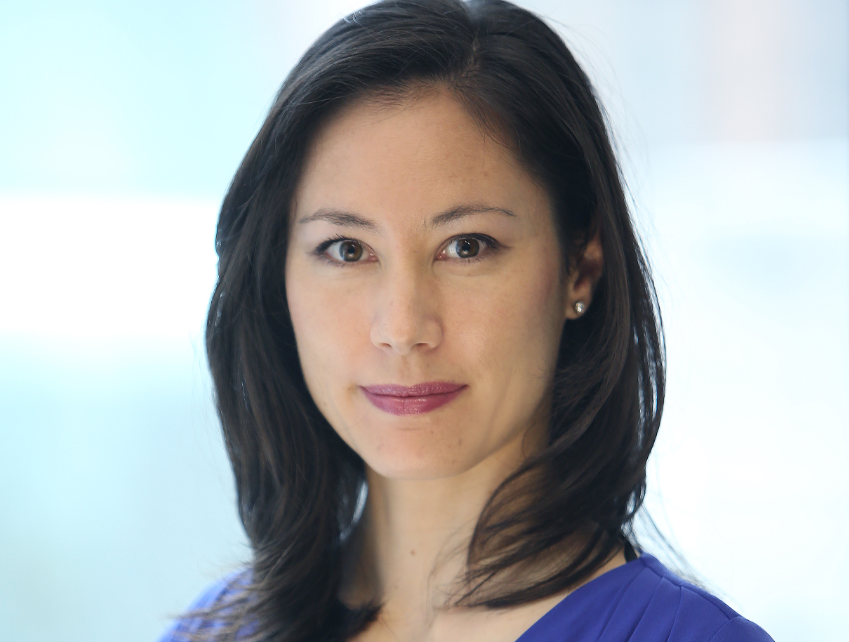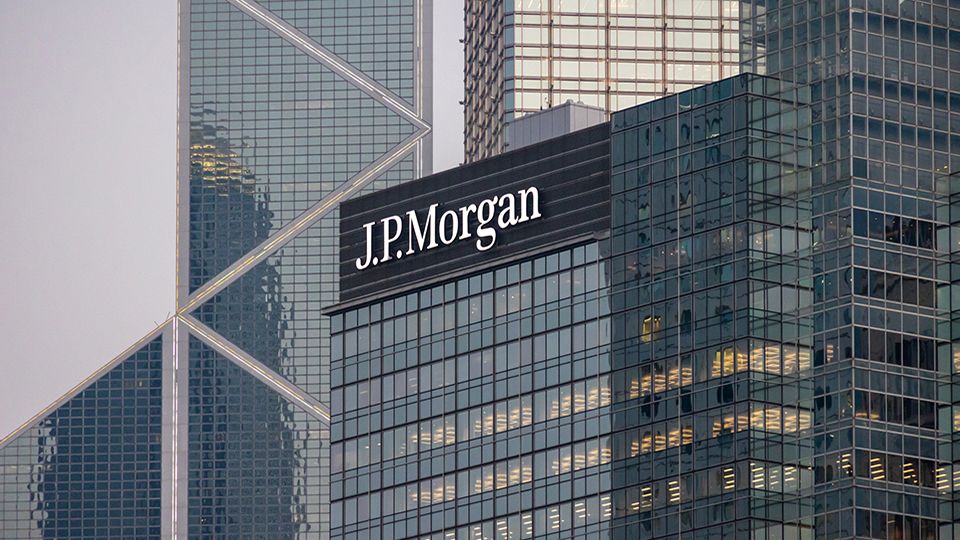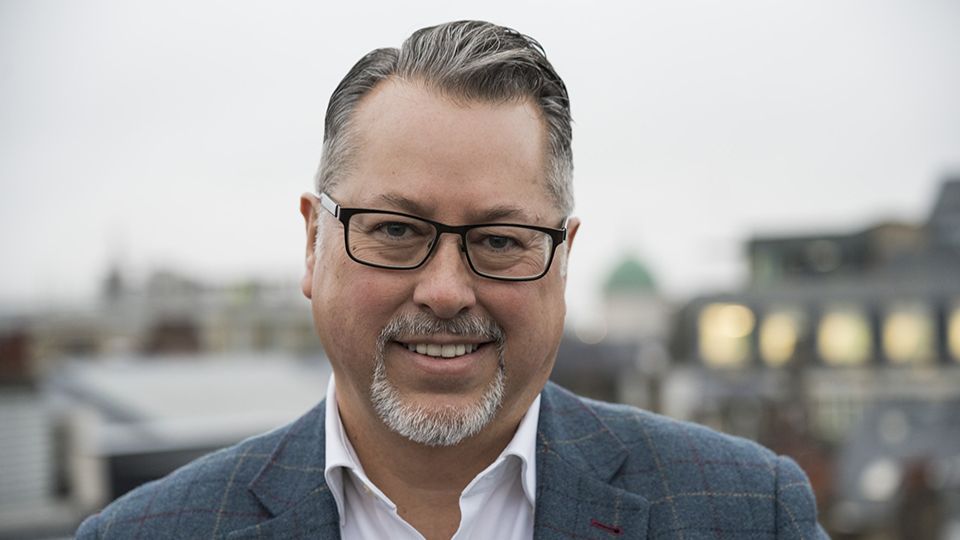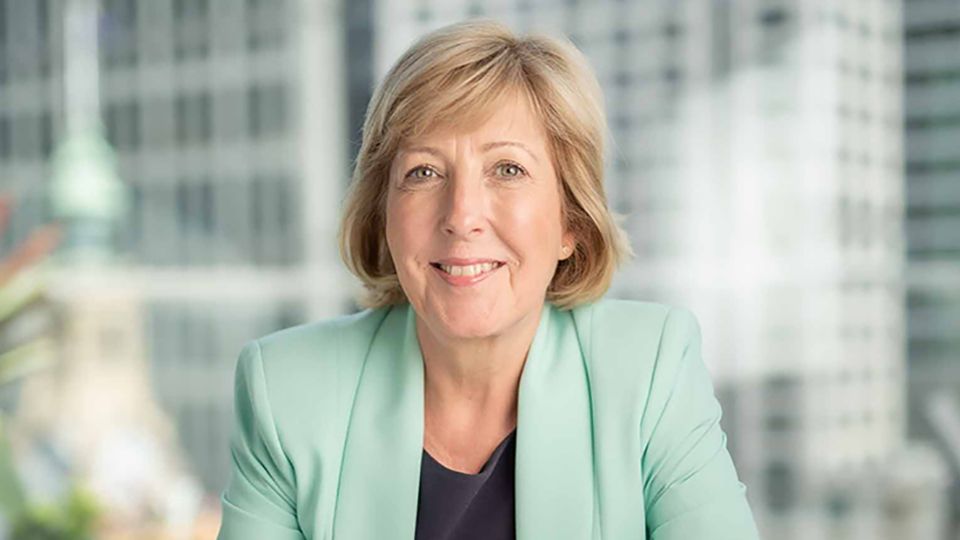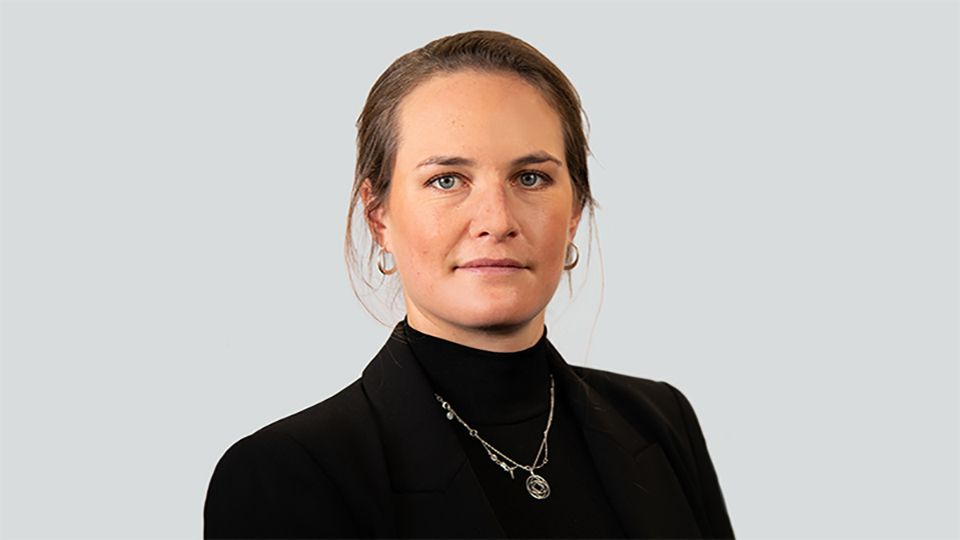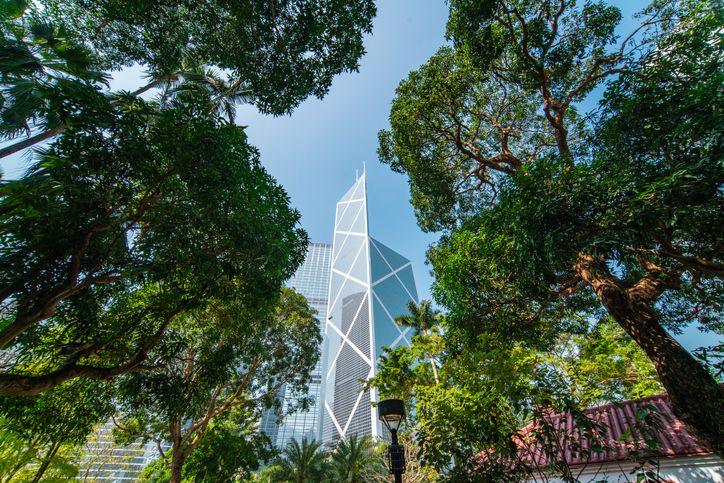Morgan Stanley Investment Management (MSIM) has been stepping up its efforts to adopt ESG and sustainability standards into their investment process, according to Emily Chew, the firm’s global head of sustainability (pictured above).
Chew was hired in March to lead the firm’s sustainable investing strategy and governance efforts. Reporting to Chew are two asset class sustainable leads, also hired this year, who lead the sustainable investing agenda for the fixed income and real assets investment platforms, respectively, Chew told ESG Clarity Asia.
Chew explained that their hires expand the firm’s existing centralised sustainability team, which supports MSIM’s ESG investment integration standards and helps in launching ESG thematic products.
“For example, included in this centralised team is MSIM’s global stewardship function, which coordinates MSIM’s stewardship and investee engagement agenda,” Chew said.
As of the end of October, the firm had 16 full-time employees in dedicated sustainable investing roles.
ASIA INITIATIVES
While the firm has firm-wide ESG initiatives, Chew shared some of MSIM’s efforts in Asia.
For example, MSIM formed a strategic partnership with Mizuho Securities in Japan this year to launch a “Global Change” strategy, which raised around $4bn, making it the largest mutual fund launch in two decades in the country. It is offered as the Global ESG High Quality Growth Fund through Asset Management One in Japan.
MSIM also continues to engage with issuers in the region on a range of sustainability topics. Chew noted that the firm is a signatory to the Hong Kong Principles for Responsible Ownership and the Japan Stewardship Code. Particular focus areas include climate change and decarbonisation, circular economy and waste reduction, diverse and inclusive business and decent work and resilient jobs.
In the coming year, one of the firm’s strategic priorities will be deepening integration with its Chinese joint venture, Morgan Stanley Huaxin Fund Management. MSIM has a 49% stake in the JV.
“Integration will include sharing of our sustainable investing capabilities through shared intellectual capital, resources and infrastructure,” Chew said.
FIRM-WIDE GOALS
Chew also outlined MSIM’s firm-wide ESG developments during the year, including some of its initiatives for 2021.
“Our short-term goals include establishing a baseline data and ESG integration IT infrastructure, adopting internal ESG integration standards, developing policies and procedures to adapt to global ESG regulation and defining a climate investing strategy for the firm,” she said.
For example, this year, the firm has enhanced documentation of ESG integration processes of the largest investment teams, as well as developing prototypes for ESG fund reporting for clients.
On the regulatory front, the firm is also ensuring the readiness of all strategies sold in the European market to respond to requirements of the EU’s Sustainable Finance Disclosure Regulation and other regulatory or industry requirements.
Meanwhile, the firm’s longer-term goals include building a sustainable investing product strategy and pipeline and developing strategic partners with clients and external institutions to advance sustainable investing.
Chew noted that one major priority for 2021 will be identifying opportunities to leverage and combine the sustainable investing capabilities of MSIM and Calvert, one of the world’s first dedicated responsible and sustainable investing managers, pending MSIM’s acquisition of Eaton Vance, which is set to close in the first half of 2021.
FUND LAUNCHES
The firm also launched five sustainable funds this year, which are the:
- Global Balanced Sustainable (marketed in Europe; available to private banking clients in Hong Kong and Singapore)
- Sustainable Euro Corporate Bond Fund (marketed in Europe; available to private banking clients in Hong Kong and Singapore)
- Sustainable Euro Strategic Bond Fund (marketed in Europe; available to private banking clients in Hong Kong and Singapore)
- Global ESG High Quality Growth Equity Fund (marketed in Japan through distributor partner)
- AIP private markets impact fund focused on climate change (marketed in the US)
Chew noted that two of the newly launched funds are managed by portfolio managers in Asia. Singapore-based Andrew Harmstone runs the Global Balanced Sustainable Strategy, while Hong Kong-based Kristian Heugh manages the Global ESG High Quality Growth Strategy.
In total, the firm has at least eight sustainable funds, which has assets of around $6.2bn, according to Chew.
INTEGRATION IS NOT ENOUGH
MSIM is also nearing full ESG integration, with around 80% of its AUM integrating ESG factors or applying ESG exclusionary screens, according to Chew.
However, Chew noted that reaching 100% ESG integrated assets is not a specific goal.
“Rather, our goal is to continually improve the depth and rigor of our analysis. Our focus is on ensuring that the consideration and integration of ESG factors is robust, documented, repeatable and accountable in the context of a particular team and investment strategy,” Chew said.
She explained that each investment team, with the help of the firm’s centralised sustainability team, adopted a staging framework that “envisages” different levels of ESG integration, which assists teams to constantly reflect on and improve in their adoption of ESG integration practices.
Chew added that besides the centralised sustainability team, the firm also has sustainable investing team leads embedded across its largest investment teams and asset class platform.
“Portfolio management teams are ultimately responsible for evaluating the ESG risks and opportunities of each investment decisions or asset. In doing so, they leverage ESG information and insights in a way that is complimentary to their existing investment philosophy,” she said.

